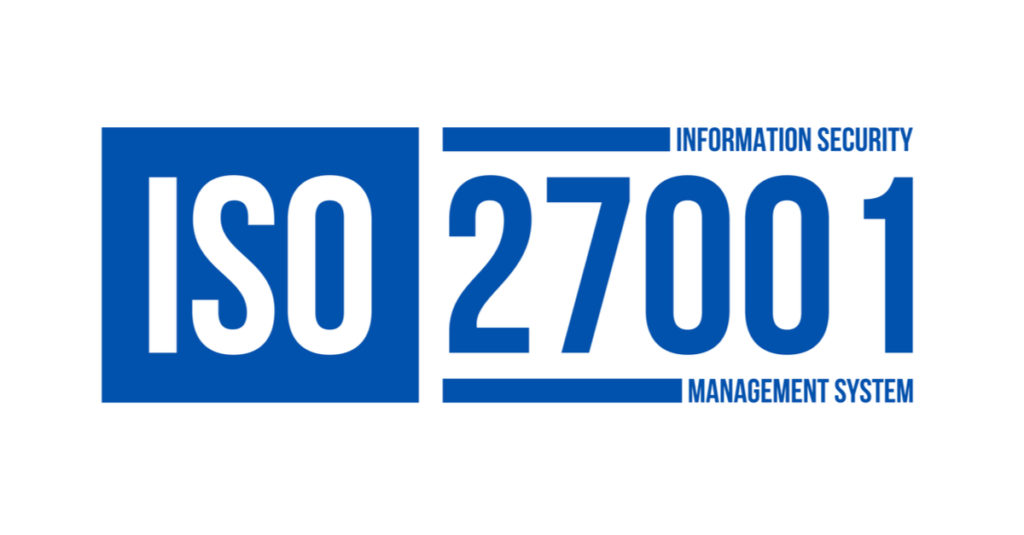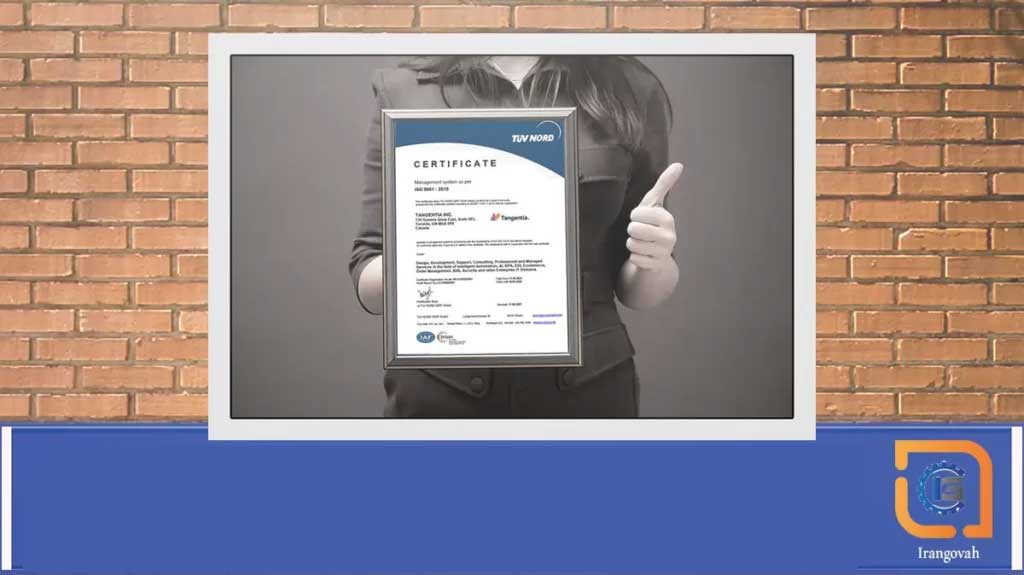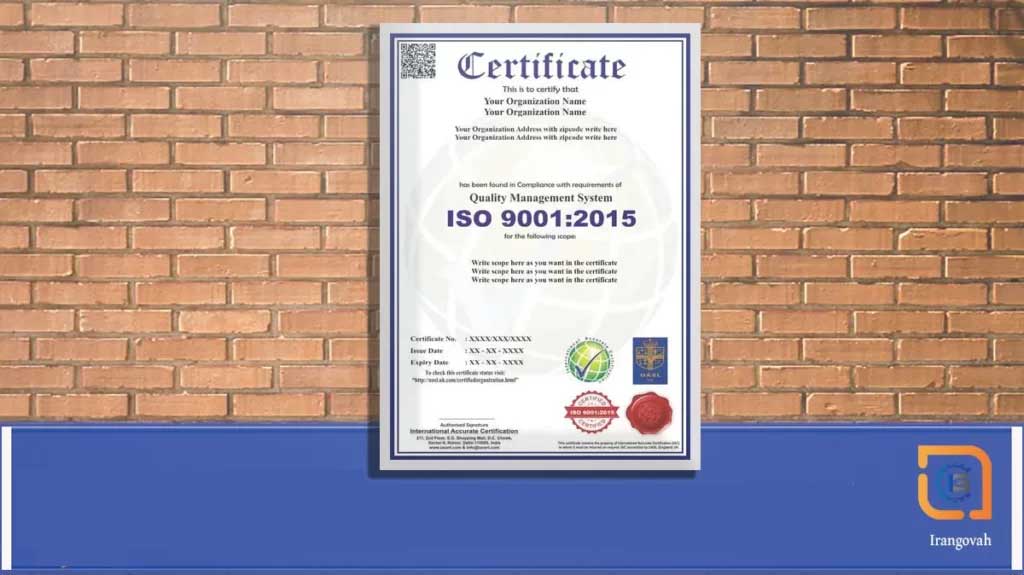What is ISO 27001 Certification?
Several individuals would prefer that your business is not ISO 27001 accredited.
hackers, to start. Also fraudsters, financial criminals, and other dark web inhabitants.
ISO 27001 is a security methodology developed by the International Organization for Standardization that evaluates a company’s data security capabilities. Companies must undergo an audit to demonstrate their compliance with ISO 27001’s stringent requirements.

In addition to ensuring the security of your data, pursuing ISO 27001 certification has many advantages for expanding businesses. Additionally, it can develop trust with your consumers, instill confidence in your shareholders, and provide you with a significant competitive advantage.
If you’re interested in the requirements for ISO 27001 certification, you’re in the correct place.
This article will explain what ISO 27001 certification is, the benefits and requirements of compliance, as well as the certification process and expenses.
What does ISO 27001 certification entail?
ISO 27001 accreditation is one of the most renowned worldwide standards for IT security.
The full title of ISO 27001 is “ISO/IEC 27001:2017.” Information technology — Security methodologies — Information security management systems — Standards.”
In 2005, the standard was established. Via a cooperation with the International Electrotechnical Commission (IEC), another standards organization, it was amended in 2013 and 2017.
The ISO/IEC 27001 framework identifies if a company has developed an information security management system (ISMS) capable of securing sensitive data.
ISMS encompasses more than the hardware and software used to secure information. It is a set of rules that control how information is used. This includes how you store and retrieve data, assess and mitigate threats, and improve data security continuously.
If an independent auditor verifies that your company’s ISMS meets the requirements, you are ISO/IEC 27001 certified.
Certification confers numerous advantages.
You may gain access to clients who might otherwise be hesitant to collaborate with you. You will indicate to all of your customers that you value their privacy. ISO 27001 can also help your firm comply with other standards, such as the General Data Protection Regulation (GDPR), however applying ISO does not guarantee GDPR compliance.
Yet, you will have a system that you and all of your partners can rely on.
What function does ISO 27001 certification serve?
The International Organization for Standardization (ISO) developed ISO 27001 to combat increasingly complex assaults against information systems. Companies required to adhere to a comprehensive set of stringent security rules in order to safeguard sensitive information.
The increase in information security requirements has contributed to the adoption of ISO/IEC 27001. In the United States, laws such as the Health Insurance Portability and Accountability Act (HIPAA) and the General Data Protection Regulation (GDPR) impose severe fines for preventable data breaches.
The cost of noncompliance is high. British Airlines was fined £183 million in July 2019 for failing to prevent a phishing attempt using a spoofed version of their website. Two days later, Marriott Hotels was fined £100 million after hackers obtained critical information from insufficiently secured guest records.
Is ISO 27001 accreditation required?
No, it is not the case. Yet, obeying the law is.
Although the government will not mandate a business to undergo an ISO 27001 audit, it is sometimes the simplest approach to comply with regulations such as GDPR.
If your business model relies on delivering IT services to other businesses, you may find that many clients refuse to do business with you if you lack a security certification. This is often ISO 27001 or SOC 2 certification.
Nonetheless, while recognizing the significance of ISO 27001, a significant number of organizations remain uncertified out of concern of the certification process’s complexity.
Continue reading to learn precisely what ISO certification for information security comprises if you are still on the fence.
How long is the ISO 27001 certification process?
It is contingent upon the size of your business and the intricacy of the data you maintain.
A small to medium-sized business should expect to be audit-ready in four months on average and to complete the audit process in six months. Bigger businesses may take more than a year.
These four months of audit preparation typically include of determining the scope of your ISMS, conducting risk assessments and gap analyses, creating and installing controls, training personnel, and compiling documentation.
The six-month certification audit consists of two phases. During Stage 1 audits, the auditor examines ISMS paperwork to ensure that policies and procedures are appropriately designed. They may also offer suggestions for enhancing the organization’s ISMS for greater security.
During a Stage 2 audit, the auditor verifies compliance with ISO/IEC 27001’s ISMS and Annex A standards by reviewing business processes and controls.
The certification process for ISO/IEC 27001
Your pursuit of ISO/IEC 27001 certification will involve the following procedures:
- assemble an ISO 27001 team Select members of your team to oversee the certification procedure.
Among other responsibilities, the ISO/IEC 27001 team will assess the scope of your ISMS, design mechanisms for documenting it, obtain the backing of senior management, and engage directly with the auditor.
- Determine the scope of your ISMS. Each firm is unique and stores a variety of data kinds. Before constructing an ISMS, you must identify the specific types of information that require protection.
For some organizations, the ISMS encompasses the entire organization. For others, it just affects a certain department or system.
Your team must determine what should be included in the scope statement of your ISO 27001 certification.
Start by asking, “Which service, product, or platform are our clients most eager to see as part of our ISO 27001 certification?”
Do a risk analysis and establish controls. Companies are required by ISO 27001 to document a continuing, active effort to identify and mitigate dangers.
Do an ISO 27001 risk assessment to detect potential information security vulnerabilities. Evaluate the probability of each risk and the severity of its repercussions.
With a thorough risk assessment in hand, it is time to document your response to each identified threat. Extend your ISMS to include risk mitigation measures for each identified threat.
- record and gather evidence The more effort you put into strengthening your paperwork prior to the audit, the greater your chances of obtaining certification.
Documentation can be arduous work without automation, thus it is preferable to begin early. Internal audits serve as a dress rehearsal for external audits.
Throughout this phase, your ISO/IEC 27001 team should educate your personnel on information security, your ISMS, and ISO 27001 certification in particular. By having your entire workforce collaborate, you drastically lower the likelihood of ISMS gaps going unfilled.
- Complete a Stage 1 audit. Almost four months have passed, and you are now prepared to engage an external auditor to assess your ISMS. Your ISO 27001 auditor will come from an ISO-accredited certification agency.
The auditing procedure involves two phases.
- Execute Stage 1 audit recommendations. Improve any areas of your ISMS that the auditor identified as needing improvement. If you lack any information security controls in their entirety, implement them and record them thoroughly.
- Undergo a Stage 2 audit. This time, your auditor will assess the functionality of your information security. Their objective is to determine if you practice what you preach in regards to your ISMS. If documented procedures are not followed, they are useless.
You will acquire your ISO/IEC 27001 certification, which is valid for three years, after passing the Stage 2 audit.
Maintain ISO 27001 conformity. Develop a plan for regular internal audits following ISO 27001 certification. Each year, ISO 27001 mandates that enterprises conduct a “surveillance audit” to confirm that their commitment to a compliant ISMS has not waned.
You can perform a recertification audit at the end of the third year to preserve your ISO 27001 accreditation for another three years.
The approach to ISO/IEC 27001 certification can vary slightly from firm to company. Instead of vulnerability scanning, some individuals may prefer to engage a consultant or conduct a penetration test. This summary, however, should give you an idea of the ISO 27001 certification procedure and why it can take up to a year.
What is the cost of ISO 27001 certification?
Similar to the duration, the cost of an ISO 27001 audit can vary greatly based on the size and scope of your organization and information security management system.
The greatest expense associated with ISO/IEC 27001 compliance is the need to reassign staff or hire new ones. You will also be responsible for covering the cost of training materials and the audit itself.


